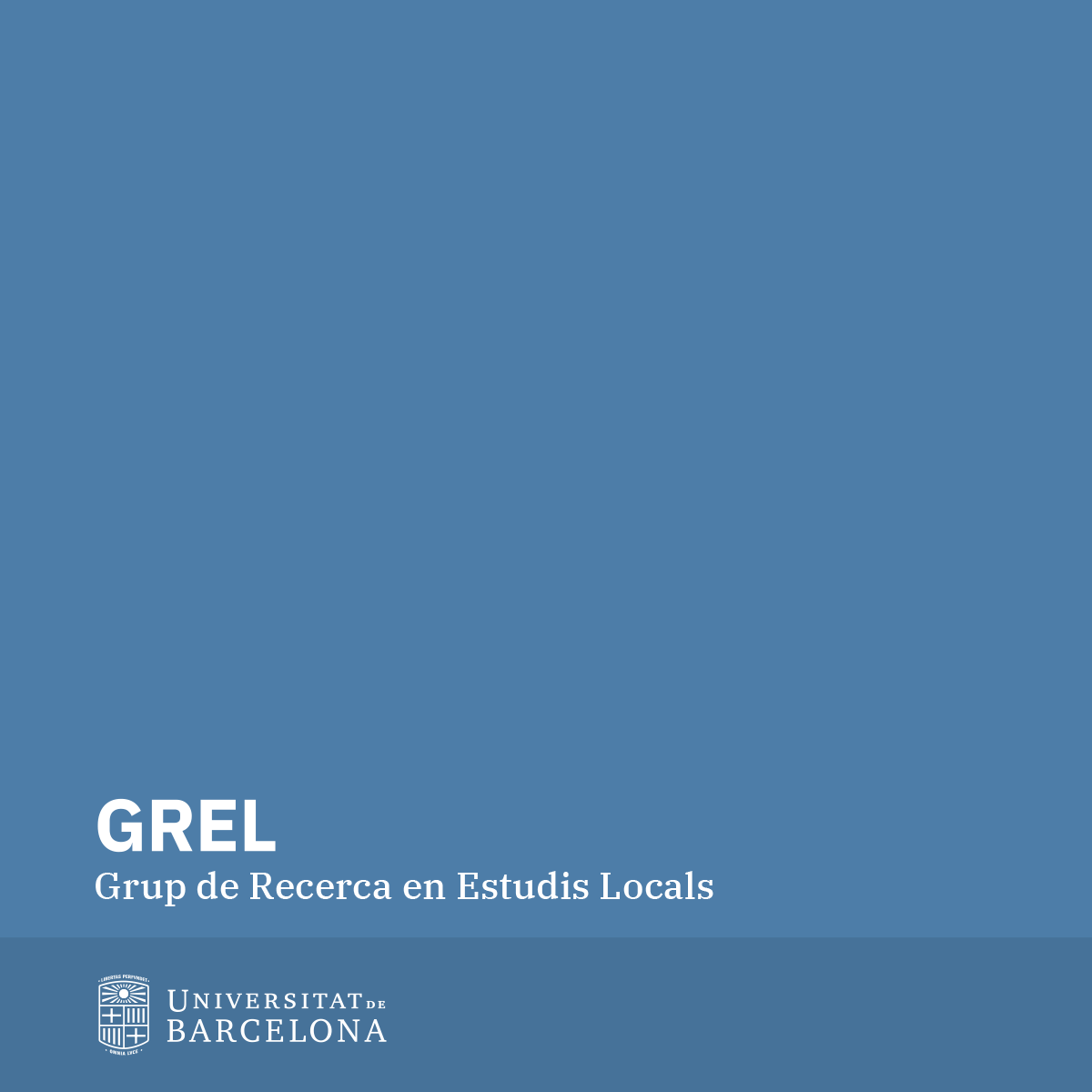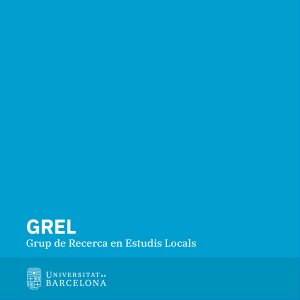Descripció
In this paper I examine the characteristics ofmetropolitan governance in Spain. In the first part, I brieflyanalyse the different theoretical conceptions and the exist-ing models of metropolitan governance in Europe. I arguethat metropolitan governance is explained by the interre-lations between the specific institutional context (intergov-ernmental system) and political culture (attitudes towardsmetropolitan cooperation). This institutional milieu sets theconditions for the action of political actors and favours theexistence of a specific model of metropolitan governance.In the second part, I study the case of Spain, which is inter-esting for two main reasons. First, it exemplifies well oneof the problems of metropolitan governance: the perma-nent gap between institutions and the process of metropoli-tanization. Second, in Spain there is a diversity of modelsof metropolitan governance, which is useful to analyse thereasons for this variation. To do so, I focus on five urbanareas (Madrid, Barcelona, Valencia, Bilbao and Sevilla),analysing their models of metropolitan governance and par-ticularly their degree of institutionalization and the type ofinstitutional arrangements that have been made.







